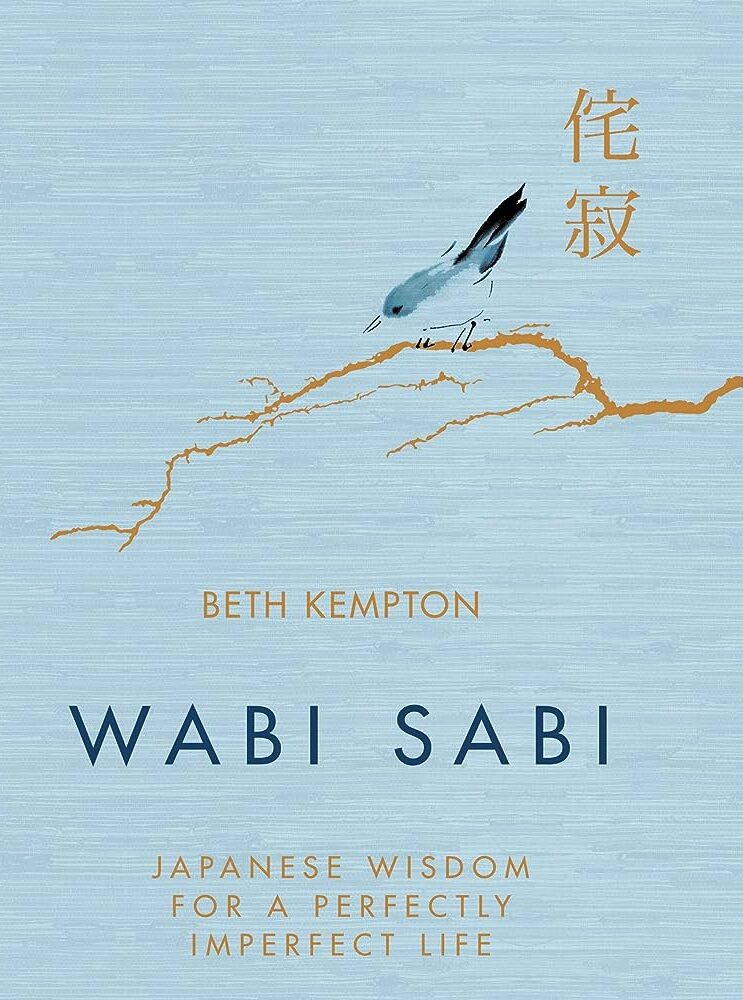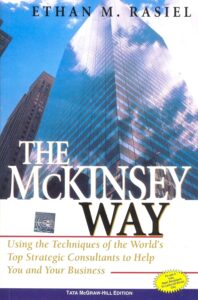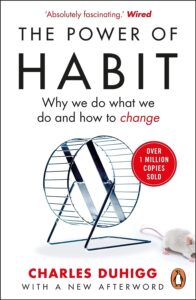Imperfectly Perfect: Embracing Life's Simple Moments
"Discover the beauty of life's imperfections, embrace simplicity, and cherish every moment in 'Imperfectly Perfect'."
Subjects: self help
In today’s fast-paced world, where the pursuit of perfection often overshadows the essence of contentment, the book titled “Wabi Sabi” emerges as a beacon of introspection. It is not just a collection of words but a journey that delves deep into the heart of what it means to be truly content and at peace with oneself.
Understanding Contentment:
One of the most striking aspects of the book is its exploration of contentment. The author beautifully articulates, “Recognition of what we already have is the key to contentment. We just have to accept it, trust it, and embrace it.” This statement resonates deeply, especially in an era where consumerism often dictates our desires. The book challenges the reader to look beyond materialistic aspirations and find joy in the simple, everyday moments.
The Illusion of Perfection:
The book critically examines the societal standards of a ‘perfect life.’ It states, “The ‘perfect life’ that we are sold over and over is the one we see in adverts – a predictable, stylised version of the human experience that eliminates the dimension of difficult emotion and hard-earned experience.” This observation is a stark reminder of the unrealistic expectations set by media and advertising. The author urges readers to differentiate between the manufactured moments of advertisements and the raw, unfiltered beauty of real life.
Simplicity and Beauty:
A recurring theme in the book Wabi Sabi is the emphasis on simplicity. The author shares personal anecdotes, such as furnishing a modest space with treasured items, each with its memory. The narrative beautifully captures the essence of Japanese minimalism, where less is more. The book suggests, “Before we can beautify, we need to simplify, and make the most of the space that we have.” This philosophy can be applied not just to our physical spaces but also to our lives, where decluttering our minds and priorities can lead to a more fulfilling existence.
Real-life Experiences:
The book is enriched with real-life experiences that add depth and authenticity to its narrative. One such instance is the author’s recounting of an unexpected act of kindness at a hotel. This story is not just about a free meal but a testament to the power of humility, gentleness, and human connection. Another poignant moment is the description of a tea ceremony, which serves as a metaphor for life’s interconnectedness and the transient nature of moments.
Reflection and Growth:
The book Wabi Sabi doesn’t shy away from addressing failures and challenges. It provides a series of introspective questions, encouraging readers to reflect on their experiences and grow from them. Questions like “How did you feel about it when it happened?” and “What has changed as a result of the experience?” serve as tools for self-analysis, pushing readers to confront their emotions and learn from their past.
Conclusion:
“Wabi Sabi” is a masterclass in introspection, gratitude, and the art of cherishing moments. It seamlessly blends philosophical insights with practical advice, making it a valuable read for anyone seeking to enrich their life. The book’s strength lies in its authenticity, drawing from personal experiences and well-researched sources.
In essence, this book is a mirror, reflecting the reader’s innermost desires, fears, and aspirations. It challenges one to look beyond societal norms, embrace simplicity, and find contentment in the present. Whether you’re on a journey of self-discovery or seeking insights into a more fulfilling life, this book promises to be a guiding light.




